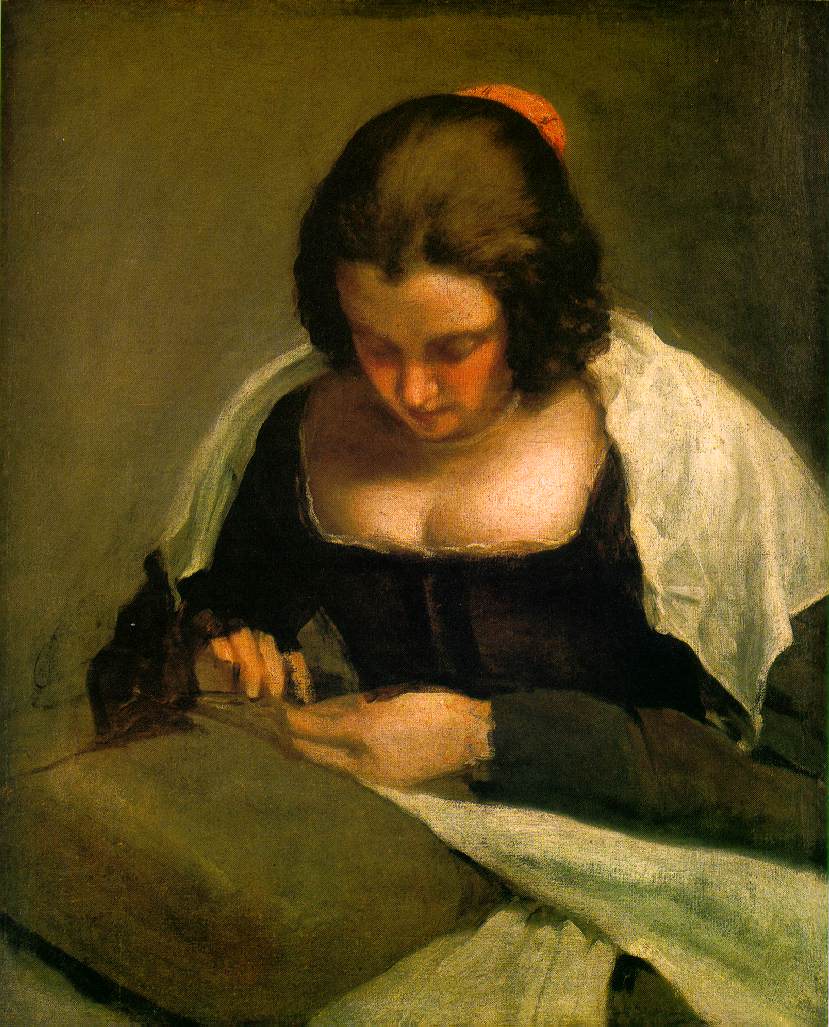|
California State
University, Fresno
Department of
History
HIST 129T: Women, Sex,
and Power in Early Modern Europe
Spring 2004
Professor
Maritere Lopez
|
 |
Directed Reading #1
February 2, 2004
Women’s History in
Perspective
“Women’s History”
- What is Scott’s main
argument in this chapter?
- What do you
understand by “gender”, “woman as subject”, and “politics”?
- What have been the
different approaches to constituting women as historical actors? What are
their main risks? What does Scott offer as an alternative?
- To your
understanding, why bother studying gender and the history of women at all?
“Gender: A Useful
Category of Historical Analysis”
- What are the main
arguments in this piece?
- Are “gender” and
“sex” the same thing? Explain.
- How does Scott define
“gender”, and why does she find it a worthwhile tool?
- What do you think are
the implications of Scott’s argument that gender is a social construction and
therefore relative?
“’How Could She?’
Unpalatable Facts and Feminists’ Heroines”
- What are the authors’
main arguments?
- The question of doing
women’s history seems to be one of finding both conscious and
unconscious/hidden meanings. How do you think we can go about doing that?
What are the pitfalls we face as historians in attempting such a reading of
meanings?
- Why is placing the
subject in his/her historical context such an important “must” for the
historian?
“Women’s Voices, the
Early Modern, and the Civilization of the West”
- What is King’s main
argument here? What is the purpose of her essay?
- In her opinion, why
is the Early Modern an especially significant period in the history of women?
What makes it different from the periods preceding and following it?
- According to King, in
a nutshell, what have scholars learned about early modern women? What needs
to be further studied?
- What strikes you
about King’s essay? How would you describe it?